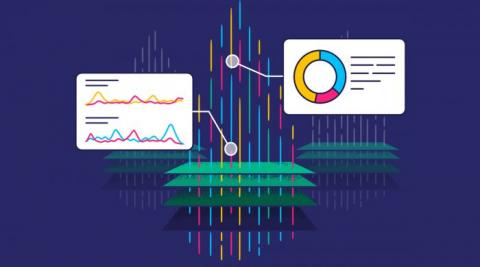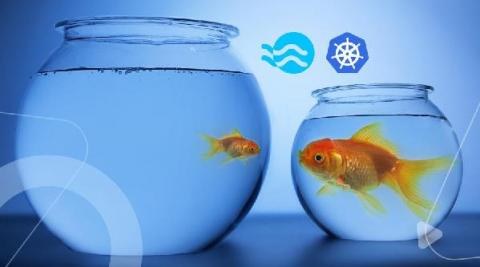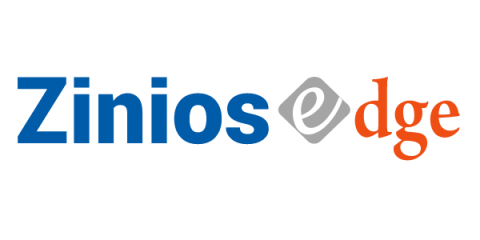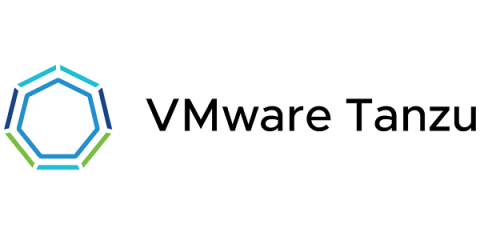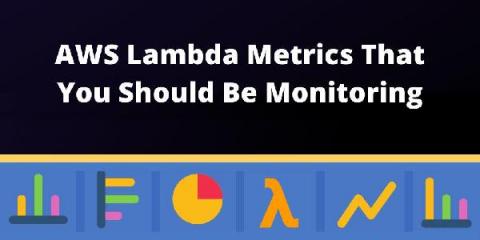Continuous deployment for Azure functions
Serverless computing, a model in which the provider manages the server, lets developers focus on writing dedicated pieces of application logic. Serverless computing has been adopted by many development teams because it auto-scales. Auto-scaling relieves developers of allocation management tasks, so they do not need to worry about the allocation of server resources or being charged for resources they are not consuming.



